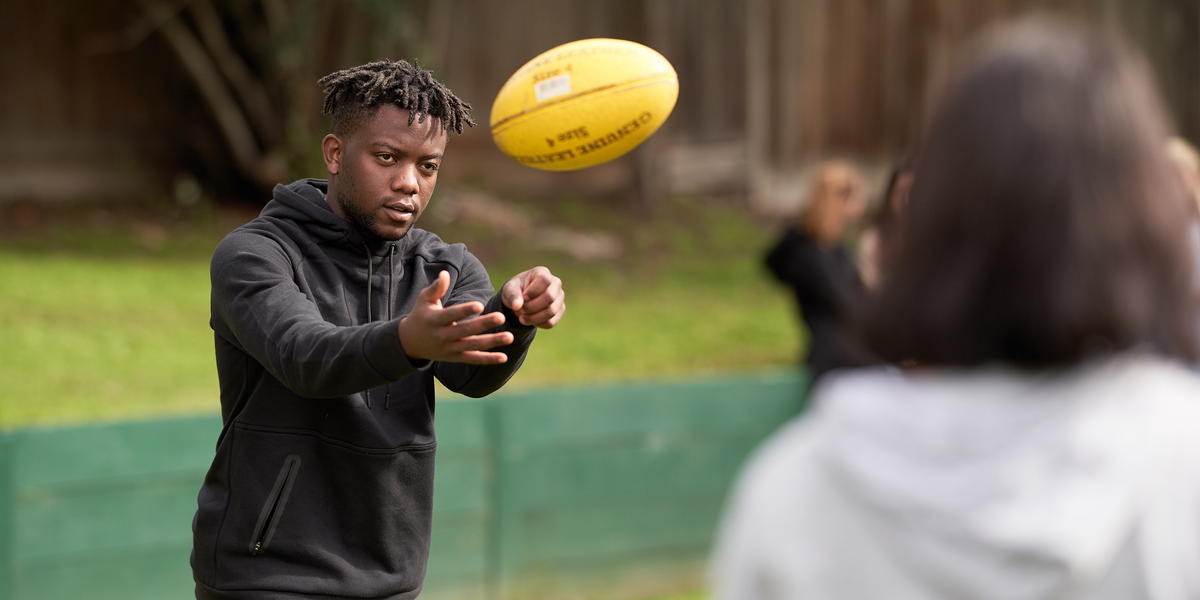
The mental health of young elite athletes is at heightened risk, with boys often more afraid to speak up and those who play individual sport reporting worse mental health problems.
Orygen researchers Professor Rosemary Purcell, Associate Professor Simon Rice and Dr Courtney Walton argue that critical research is urgently needed to protect the mental health of young elite athletes in an Editorial published in the British Journal of Sports Medicine.
Professor Rosemary Purcell, who led the paper, said young elite athletes aged 12-18 may be exposed to a range of life circumstances that heighten their risk of developing mental ill-health.
“On top of the normal pressures teenagers experience, young elite athletes need to deal with the intense focus placed on their sporting performance and winning in high pressure environments,” Professor Purcell said.
“This pressure to perform can lead to an unhealthy focus on results. We know from research that young elite athletes can also be at-risk of problems such as burn-out and overtraining, abuse and maltreatment, parental conflict and risk-taking by training through pain, injury, and exhaustion.”
Only a handful of studies have reported on the mental health of young elite athletes aged between 12-18 years with most research instead focussing on the mental health of older elite sportspeople.
From the research that does exist, one quarter of 12-18 year olds report experiencing at least one mental health issue in their lifetime. However, the true impact is likely much higher, with many young elite athletes reluctant to seek help, worried about the impact on their career.
More research will ensure early intervention can occur so that mental health risks and challenges are addressed when they are most effective through evidence-based clinical care.
“It is important that young elite athletes have the appropriate support they need in these high-pressure environments. Research that is centred on their voices will help us to get the design right so that we can break down the barriers that currently stop young athletes seeking support when they need it.”
“Ultimately, we need our elite youth athletes to be in the best condition both physical and mentally to achieve their sporting and life goals,” Professor Purcell concluded.